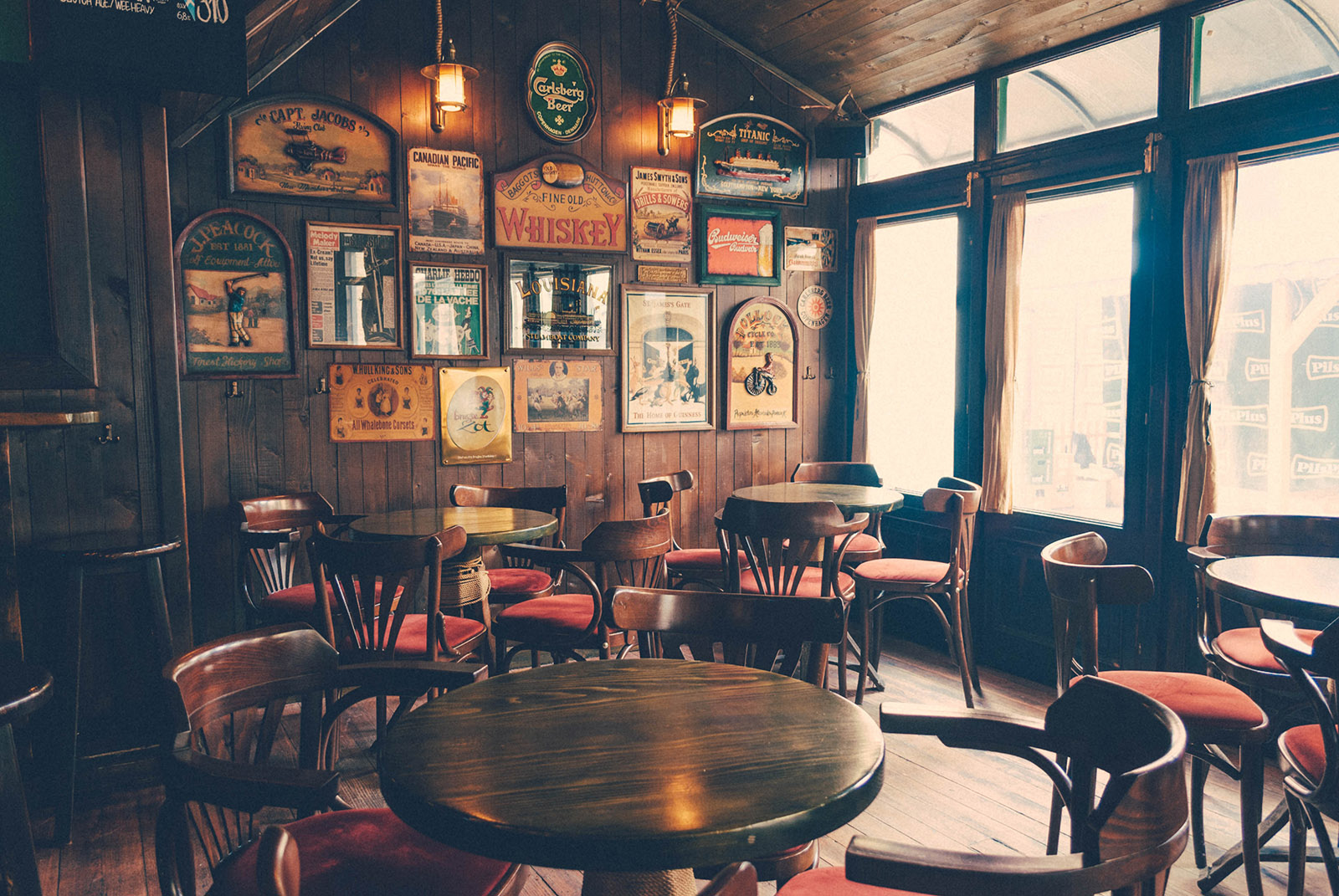A continuing decline is being experienced in the number of pubs across Ireland, with the rate of decline accelerating since Covid-19 according to a new report from the Drinks Industry Group of Ireland (DIGI), published on Wednesday.
Analysis from the group shows a 22.5% decline in the number of pubs in the State from 2005 to 2022, representing the closure of 1,937 small and family-run Irish businesses. DIGI says this decrease sparks concern about the future sustainability of many other businesses in the industry.
The latest data shows an additional 108 pubs closed in 2022, with closures in County Cork alone accounting for 54. Overall, 365 pubs have closed their doors in the county since 2005.
Over 450 pubs nationally have closed in the period since the start of the Covid-19 pandemic with the greatest decreases seen in more rural parts of the country compared with Dublin. Analysis from the ‘The Irish Pub: Supporting our communities’ report, also established that the rate of closures has accelerated in the aftermath of Covid-19, with 349 pubs closing in 2020 and 2021.
CONTINUED DECLINE OF IRISH PUBS
Although all 26 counties experienced a decline in the number of public houses during the 2005 to 2022 period, the lowest decrease was in Dublin at 3.4%.
The largest decrease was seen in Limerick with 32% less pubs in the county since 2005, followed by Roscommon (30.3%), Cork (29.9%) and Laois (29.9%), with a further eight counties all showing the closure of more than a quarter, including counties Tipperary at 28.6% and Waterford at 25.4%.
COMMUNITY IMPACT
According to an economic and social analysis of the numbers found in the DIGI report, economist Anthony Foley notes that while public houses play a particularly important role in contributing to the communities in Ireland’s towns, villages and rural areas, smaller local markets and populations mean many pubs in regional counties operate on tight margins marking them more at-risk of closure.
The 6,680 pubs operating across the country are at the cultural and social heart of their communities, supporting social relationships and, community cohesion and social capital, reducing the risk of isolation – according to Foley.
His analysis also cites the significance of pubs to Irish tourism as providing an extensive network of facilities and services. The importance of public houses as a factor for tourism is most notable in more rural counties including Kerry (with 413 pubs), Cork (856), Donegal (334), Mayo (337) and Leitrim (100) writes Foley.
REDUCTION IN EXCISE DUTIES
In examining opportunities to mitigate the trend of closures in pubs in Ireland, he outlines the impact of economic and finance measures that could support the recovery of the hospitality sector immediately – including the reduction of excise duties.
Something Kathryn D’Arcy, Chair of DIGI and Communications and Corporate Affairs Director at Irish Distillers, is also calling for: “DIGI are calling on Government to deliver a reduction in Ireland’s extremely high excise duties which would make an immediate, positive difference to the hundreds of small businesses in our sector struggling to stay open.”








